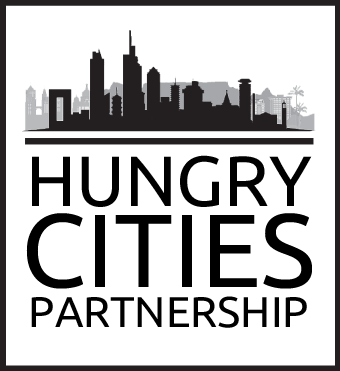Document Type
Hungry Cities Paper
Publication Date
2018
Department
Balsillie School of International Affairs
Abstract
The multiple linkages between gender and household food security in cities have been observed in diverse settings, at multiple scales, and through a variety of disciplinary lenses. The Hungry Cities Partnership is rooted in the importance of inclusive growth of cities, which includes a fundamental concern with genderbased injustices that reduce inclusivity, sustainability and food security by underpinning structural poverty. This discussion paper is motivated by the gap in policy-ready quantitative data needed to identify the ways in which gender inequality, food insecurity, and public policy are interconnected. Analysis of the 2014 survey of household food security in Maputo identified female headship as a household attribute closely associated with food insecurity and yet the employment and education status of the head largely mitigated the effect of female headship on food security. Using household survey data, this investigation defines the extent to which the relationship between the sex of the household head and food insecurity appears to be conditionally dependent upon employment and education. The findings provide further impetus to urban policy makers to operationalize gender-equality goals. For Hungry Cities researchers, it provides a model for gender-based analysis of household food security in other cities.
Recommended Citation
McCordic, C., Riley, L, Raimundo, I. (2018). The Food Security Implications of Gendered Access to Education and Employment in Maputo (rep., pp. 1-9). Waterloo, ON: Hungry Cities Partnership. Hungry Cities Partnership Discussion Paper No. 15.
Included in
Food Studies Commons, Human Geography Commons, Politics and Social Change Commons, Urban Studies and Planning Commons


